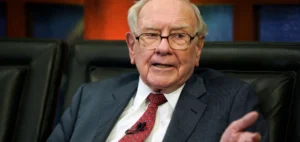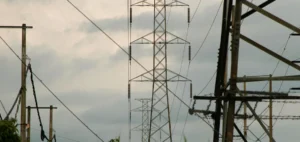Since autumn 2023, Primagaz, a supplier of liquefied petroleum gas (LPG), has been embroiled in an administrative scandal that has severely impacted its customers. The root cause lies in the implementation of a new IT system, which has triggered widespread operational disruptions. These issues, reported by hundreds of consumers to the National Energy Ombudsman, involve delayed deliveries, billing errors, unactivated or terminated contracts, and inaccessible customer portals.
According to a statement from the Ombudsman, the reported disputes involve critical aspects of customer relations, including inaccurate or unclear invoices, blocked automatic payments, and even failure to refund overpayments. These issues, deemed severe and ongoing, prompted Olivier Challan Belval, the National Energy Ombudsman, to issue a formal letter on October 28, 2024, to Jan Schouwenaar, CEO of Primagaz, demanding immediate measures to resolve the situation.
Call for swift compensation
The Ombudsman not only requests resolution of the disputes before the end of the year but also demands fair compensation for affected customers. Additionally, payment facilities are sought for customers experiencing financial difficulties caused by delayed or excessive billing.
In his response dated November 12, 2024, Jan Schouwenaar acknowledged the hardships endured by consumers and expressed regret. He assured that his teams are mobilized to restore service quality, while also emphasizing the significant financial impact of these disruptions on the company. However, this response has not satisfied the Ombudsman, who believes that Primagaz’s efforts remain insufficient.
Potential legal and financial repercussions
The persistence of these issues exposes Primagaz to significant consequences. On one hand, the company’s reputation is tarnished by this crisis of trust. On the other hand, if corrective measures are not promptly implemented, regulatory sanctions may follow.
Furthermore, this situation highlights a broader challenge for the energy sector, where poorly managed digital transitions can harm consumers. The Primagaz case raises questions about companies’ responsibility in mitigating the risks of technologies that disrupt essential services.






















